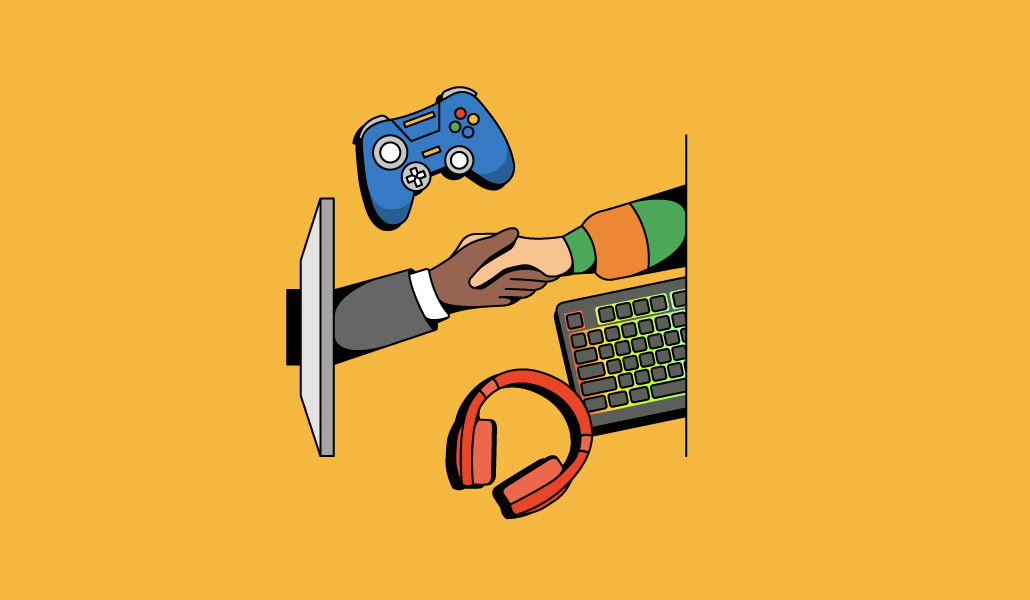The question remains if generation-to-generation fan inheritance that is characteristic of traditional sports will also establish itself in the esports domain to ensure its long-term survival.
Such generational fandom is intrinsically part of conventional sports such as baseball or cricket where parents pass down their favorite teams and leagues to their offsprings, who in turn pass it on to their progenies. But, with esports only coming to prominence post-2000, it’s yet to be seen if a similar legacy handover will occur in this community.
However, early indicators of this phenomenon surfacing are already seen with some of the oldest and biggest esports organizations like Team Liquid. The company started to notice parents getting their children involved by bringing them to Team Liquid matches, leading to an increased focus on young audience engagement with kid-friendly merchandise such as plushie dolls styled after their logo’s horse.
“Building a legacy brand requires a marketing strategy aimed at multi-generational engagement,” stated Josie Brown, Team Liquid’s SVP of Brand, Marketing, and Content. “Data segmentation indicates a significant portion of the fan base is at the family-starting age. You can see the number of children attending the matches. Even stars like Elon Musk and Ben Affleck have brought their kids to our Valorant Champions 2023.”
Team Liquid’s key esports competitions “Valorant” and “League of Legends” belong to the Riot Games universe. Senior esports strategists at Riot Games too, prioritize fostering multi-generational fandom mirroring their long-term vision for their competitive gaming products.
“We are dedicated to esports for many generations to come. We aim to propel esports, enrich the gaming experience, and transform our players into fans,” said Riot Games’ esports president, John Needham. “Fandom is powerful, as it integrates into a person’s identity. We are prepared to play this long game.”
The growing recognition of generational fandom among esports executives is seen as a testament to the competition-driven approach of teams like Liquid and Fnatic. Recently, some organizations, for instance, Misfits, have moved away from esports, selling their competitive teams, and instead focusing on influencers and creators. However, without competitive excitement, this approach might forfeit long-term fandom for temporary profits.
“If the influencers leave, would the fans still love the organization? I doubt it,” remarked Victor Goossens, Co-CEO of Team Liquid. “That’s a viable business model, but it doesn’t support generational fandom.”
As esports organizations depend on ad revenues, integrating generational fandom elements appeals to potential brand partners. Last year, the multi-generational aspect of the Enthusiast Gaming’s Family Game Night collaboration with NFL persuaded Nickelodeon to come onboard as a sponsor. “They want to connect with family-friendly viewers,” explained Matt Goodman, Enthusiast’s EVP of Strategic Partnerships.
Companies are encouraged to invest long-term in esports due to generational fandom. Mastercard’s sponsorship of Riot’s esports ecosystem exemplifies this trend. With Riot’s long-term strategy, it supports Mastercard’s conviction of esports being the future of competition.
“We don’t set expiry dates for these multi-generational games. We constantly seek ways to make the game exciting in the marketplace,” said Needham. “We are confident that ‘League of Legends’ and ‘Valorant’ will continue to reach a bigger audience because, fundamentally, they’re highly entertaining.”
In contrast to traditional sports, esports exhibites a reverse generational fandom flow as well. At this juncture, esports bodies like Team Liquid, which have been around for a while, are seeing fans introducing the games to their children. But as esports gains greater cultural acceptance, children are also getting their parents involved, creating a reciprocal flow of fandom that is particularly encouraging to esports leaders.
“My 16 and 18-year-old kids are heavily into gaming and esports. Currently, the generational loyalty is flowing in the opposite direction,” shared Goodman. “When these kids eventually become parents themselves, we may potentially see a second wave where they pass on their esports fandom to their children.”
